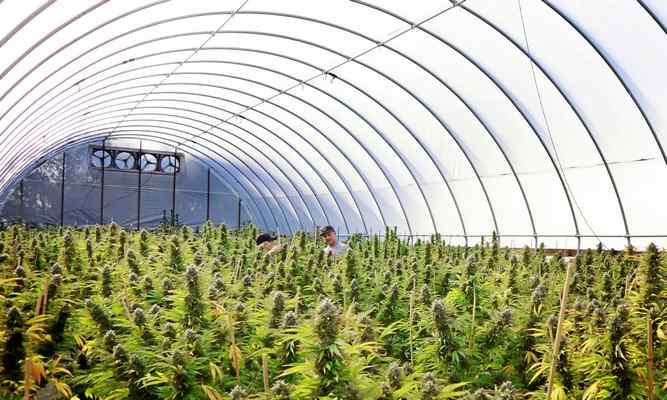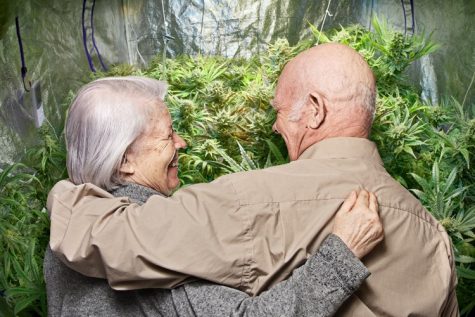Does the cannabis industry use too much energy?
Thor Benson / Cannabis News Box Contributor
There’s been a lot of talk about how much electricity the cannabis industry uses in recent years. According to a report from Denver’s Department of Public Health and Environment, obtained by Colorado Public Radio (CPR), cannabis is using up 4 percent of Denver’s electricity by itself. That said, there’s reason to be optimistic.
“There’s good news in the data: the amount of energy used per pound of marijuana grown is on the decline,” CPR reports. “The challenge is that the growing demand for marijuana is prompting facilities to produce more and more plants.”
So the industry is becoming more efficient, but it’s also growing quickly. Tim Cullen, CEO of the Denver-based marijuana grower and retailer Colorado Harvest Co., told Cannabis News Box he believes the cannabis industry is just getting more attention to its energy use because it’s a new industry.
“Maybe folks didn’t think about that part of the equation?” Cullen said. “It’s not like our electric bill is subsidized in any way, shape or form.”
“[The] cannabis industry doesn’t use any more energy than, let’s say, a car company,” Jason Spatafora, a cannabis industry investor and owner of marijuanastocks.com, told Cannabis News Box. “It is true that 50 percent of their monthly expense is electricity. This varies from state to state in terms of cost as well as country. Some energy for example is cheaper than others.”
Spatafora believes there are multiple ways the cannabis industry can cut down on energy use. “Automation is the biggest way to improve efficiency and cut down on waste,” he said.
“As cannabis becomes more socially accepted (and federally legal) it will move to more traditional agriculture farming methods— that will mean greenhouse and outdoor production,” Cullen said. “Both of those methods are much more energy efficient. There is a reason we don’t grow oranges and almonds in warehouses, and we won’t grow cannabis in them either.”
Water use is also a concern in the cannabis industry in more water-scarce places like California, but cannabis farms are also learning to become more water efficient. “Water is another story—we are a zero waste facility and so are most—we are very minimal water users because once we add nutrient to the water it’s like gold,” Cullen said. “It is not wasted.”
Because the cannabis industry is new, it’s going to receive more attention from environmental critics than, let’s say, the fruit industry. However, that doesn’t mean it’s not working to become more efficient and sustainable.













